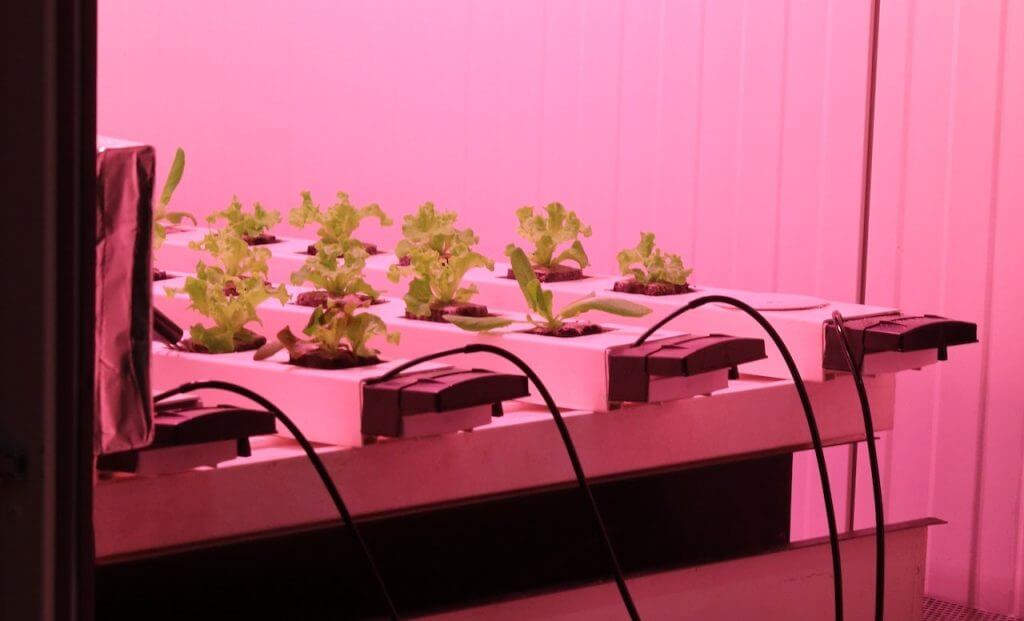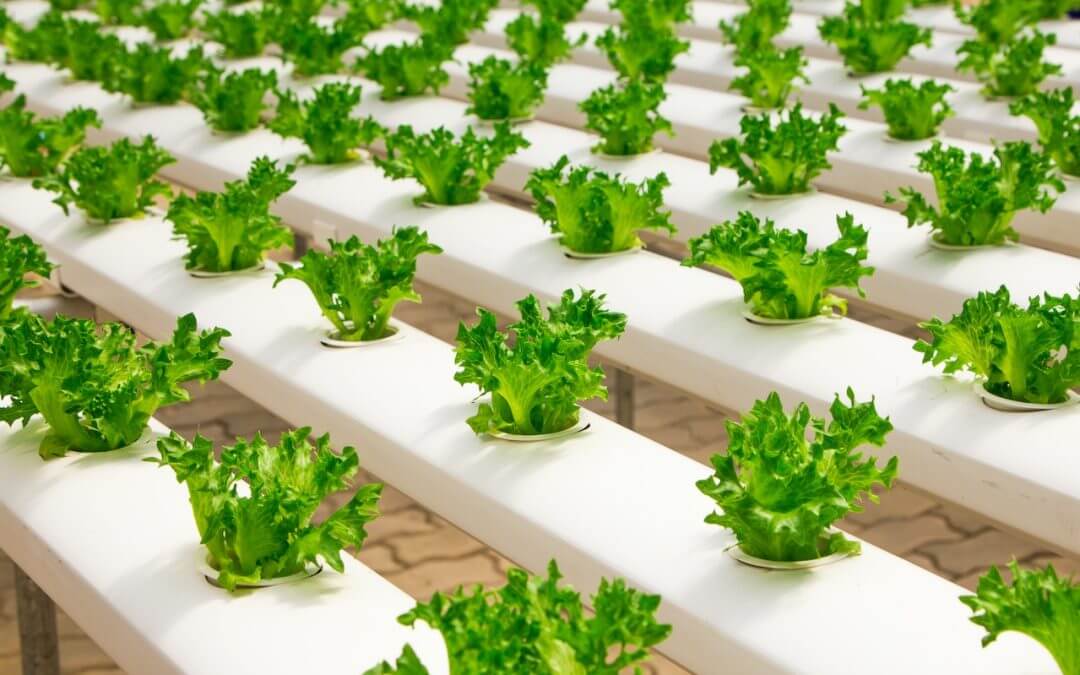Hydroponics is a method of growing plants without soil, using water-based nutrient solutions instead. It is gaining popularity among gardening enthusiasts and commercial growers alike. To set up a successful hydroponic system, there are several essential supplies you need to consider. In this article, we will explore the key hydroponic supplies required for a thriving indoor garden.
Grow Lights

Hydroponic supplies such as grow tents and grow lights are essential for indoor growing, providing an optimal environment for plants to thrive and flourish. Since plants receive their energy from light, it is essential to provide them with the right spectrum and intensity. LED grow lights are a popular choice for hydroponics due to their energy efficiency and adjustable light spectrums.
Growing Medium
In hydroponics, the growing medium takes the place of soil and provides support to the plants’ roots. Some common growing mediums include perlite, coco coir, rockwool, and clay pellets. Each medium has its advantages and is suitable for different types of plants.
Nutrient Solution
A nutrient solution is a blend of essential minerals and nutrients that plants need to thrive. It is dissolved in water and delivered directly to the plant roots. Hydroponic nutrient solutions are available in pre-mixed formulas or can be customized based on the specific needs of your plants.
pH Test Kit
Maintaining the right pH level is crucial for optimal nutrient absorption by plants. A pH test kit allows you to measure the acidity or alkalinity of your nutrient solution. It helps you adjust the pH level to ensure that plants can effectively absorb nutrients.
Water Pump
A water pump is used to circulate the nutrient solution throughout the hydroponic system. It ensures that the plants receive a constant supply of water and nutrients, preventing stagnation and providing oxygen to the roots.
Air Pump and Air Stones
Proper oxygenation of the nutrient solution is essential for healthy plant growth. An air pump, along with air stones or diffusers, helps oxygenate the solution by creating bubbles. This oxygen-rich environment promotes robust root development and prevents root rot.
Grow Trays
Grow trays hold the growing medium and provide a platform for the plants. They come in various sizes and materials. It is important to choose trays that are durable, easy to clean, and can withstand the weight of the plants and growing medium.
Growing Containers
Growing containers hold the plants in place within the hydroponic system. They should be appropriately sized to accommodate the root systems and allow for easy access to the plants for maintenance tasks such as pruning and harvesting.
Water Tank
A water tank stores the nutrient solution and provides a reservoir for the hydroponic system. It should be large enough to hold an adequate supply of nutrient solution and equipped with a cover to prevent evaporation and contamination.
Timer
A timer is used to automate the lighting and watering cycles in a hydroponic system. It ensures that the plants receive consistent light and nutrient solution at the appropriate intervals, promoting healthy growth and optimizing resource usage.
Thermometer and Hygrometer
Monitoring the temperature and humidity levels within the hydroponic system is crucial for plant health. A thermometer and hygrometer help you maintain optimal growing conditions by providing accurate readings and allowing you to make necessary adjustments.
pH Adjusting Solutions
In some cases, the pH of your water source may not be within the desired range for hydroponics. pH adjusting solutions, such as pH up and pH down, help you achieve the optimal pH level by either increasing or decreasing acidity.
Electrical Conductivity (EC) Meter
An EC meter measures the electrical conductivity of the nutrient solution. It indicates the concentration of dissolved salts and minerals, giving you insights into the nutrient strength. This allows you to adjust the nutrient solution to meet the specific requirements of your plants.
Pest Control Measures
Like traditional gardening, hydroponic systems can be susceptible to pests and diseases. Implementing pest control measures, such as using organic insecticides or introducing beneficial insects, helps protect your plants from infestations and ensures a healthy growing environment.
Conclusion
Setting up a successful hydroponic system requires the right supplies and equipment. From grow lights to nutrient solutions, each component plays a vital role in the overall performance of your indoor garden. By investing in essential hydroponic supplies and maintaining optimal growing conditions, you can enjoy the benefits of year-round gardening and maximize your plant’s potential.




